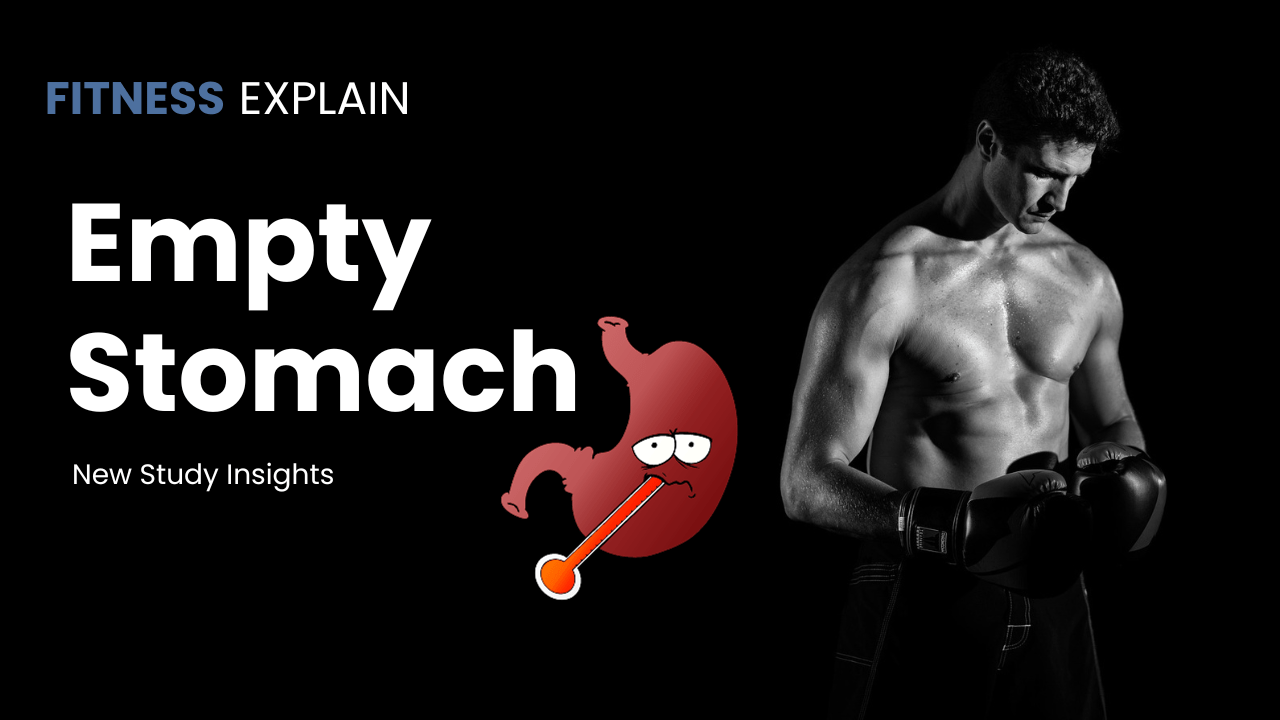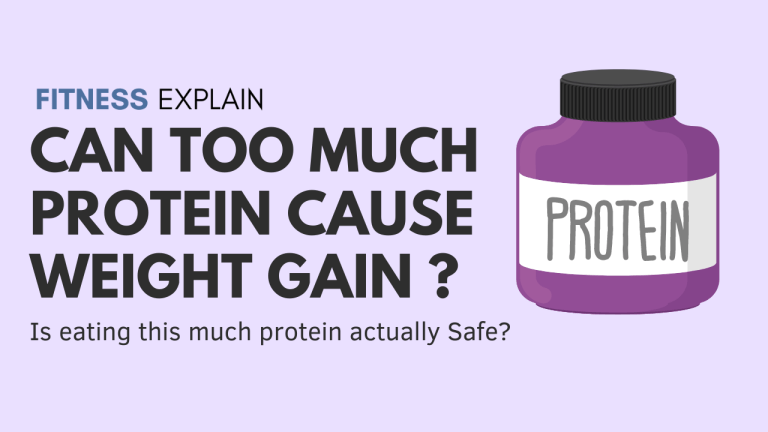In this article, we delve into a 2023 study about the impact of working out on an empty stomach, specifically during the fasting month of Ramadan. Let’s dissect the findings and unveil the intricacies of muscle and strength gains.
Here's what we'll be covering in this article
2023 New Study about working out on an Empty Stomach

In this research, 40 young adult males continued on an 8-week journey, engaging in a progressive overload lifting program. The twist? Half trained on an empty stomach during Ramadan, while the others trained post-fast. The goal was to monitor the muscle growth and strength in a fasting state.
Study Results
Muscle Growth
Surprisingly, neither group experienced significant changes in quad and bicep muscle size, specifically in the quad and bicep muscles.
Body Strength
When it comes to strength gains, the FED group exhibited a modest increase in squat 1-rep max, going from 169 kilograms to 174. In contrast, the FASTED group maintained the same level, with their squat 1RM at 168 kilograms. Similar trends were observed in deadlift 1-rep max, with the FED group showing an increase from 187 to 195 kilograms, while the FASTED group saw a marginal rise from 186 to 187 kilograms. Bench press 1-rep max remained relatively stable for both groups.
Unexpected Post-Fasting Revelations
An intriguing twist in the results came during the post-Ramadan period. The FASTED group, no longer training in a fasted state, experienced substantial improvements in strength. Squat 1RM increased from 168 to 172 kilograms, deadlift from 187 to 190, and bench press from 109 to 120 kilograms. The FED group witnessed similar strength gains, and during this post-fasting phase, both groups finally saw increases in muscle gains.
Considerations Both During and After the Fast
Considering both the results during and after the fast, a compelling conclusion emerges. Working out on an empty stomach appears likely to hinder strength gains when compared to training in a fed state. Furthermore, working out on an empty stomach may feel more challenging to complete.
It’s essential to note that the fasting period during Ramadan lasted for about four weeks, and the subjects continued to train for an additional three weeks without fasting. Intriguingly, muscle gains were only observed after the fasting period ended. This raises questions about whether fasting, in general, could potentially impede muscle gains.
However, it’s crucial to approach these findings with caution. The study participants, despite similar diets, experienced weight loss during fasting, suggesting a potential impact on overall nutrition for muscle growth. Additionally, the restriction of both food and fluid intake during Ramadan could contribute to observed muscle swelling, attributed to increased water uptake post-fasting.
While the study focuses on Ramadan fasting, distinct from other forms of intermittent fasting, such as 16/8, it prompts further exploration into the broader implications of working out on an empty stomach.
Suggestions | Read Now : Can Too Much Protein Cause Weight Gain ?
Fasting and Gains – A Balancing Act
In conclusion, the study adds to the growing body of evidence suggesting that working out on an empty stomach may not be ideal for maximizing strength and muscle gains. The nuanced results highlight the importance of considering the duration and nature of fasting, as well as its potential impact on overall nutrition.
As with any scientific inquiry, it’s essential to view this study as part of the broader spectrum of evidence. The old adage, “happy belly equals happy gains,” takes on a new resonance.
If You would like to contribute, help me by donating for my Protein Shake.
If you find this exploration insightful, share it with your fitness friends. Let your thoughts flow in the comments, and, as always, thank you for reading.
Don’t forget to get your PROTEIN!
Resources
Main Study – https://pubmed.ncbi.nlm.nih.gov/37068775/




